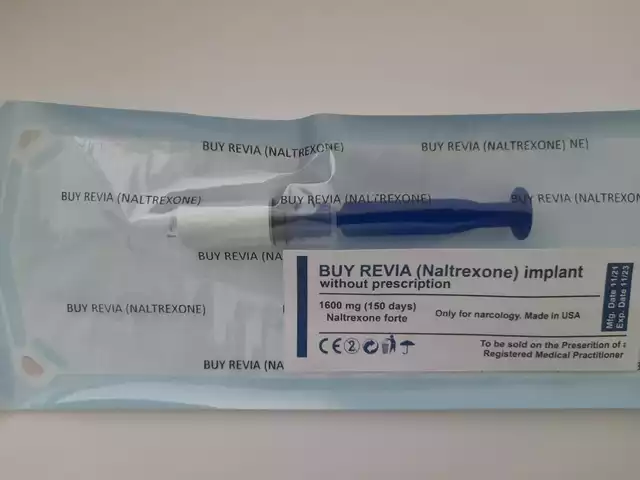Natural Supplements: Essential Guide to Safe, Effective Choices
When exploring natural supplements, dietary products derived from plants, minerals, or other natural sources that aim to support health. Also known as herbal supplements, they are widely used for everything from boosting immunity to balancing hormones. At the same time, vitamins, essential micronutrients that the body cannot produce enough of and minerals, inorganic elements vital for bone and nerve function form the backbone of most supplement stacks. herbal extracts, concentrated plant compounds that deliver specific active ingredients round out the options you’ll see on store shelves. Natural supplements encompass herbal extracts, vitamins, and minerals, each delivering specific health benefits.
People reach for natural supplements because they promise a simpler route to nutrients that modern diets often miss. Whether it’s a vitamin D capsule for bone health or a probiotic blend supporting gut balance, the goal is the same: fill gaps without overhauling meals. probiotics, live microorganisms that can improve digestive health when consumed in adequate amounts exemplify how a small dose can influence immunity, mood, and even skin clarity.
Safety isn’t automatic just because a product is “natural.” Dosage matters, and the body’s ability to absorb a nutrient – its bioavailability – can vary widely. For instance, iron from plant sources is less readily absorbed than from animal sources, so a supplement may need a higher dose or an added vitamin C to boost uptake. Vitamins require proper dosing to avoid toxicity. Understanding the difference between a raw herb and a standardized extract can prevent accidental overdosing of potent compounds.
Choosing the right product starts with label literacy. Look for third‑party certifications like USP, NSF, or ConsumerLab, which indicate the batch was tested for purity and potency. Good Manufacturing Practice (GMP) compliance shows the manufacturer follows strict quality controls. Standardized extracts list the percentage of active ingredient – for example, a turmeric capsule might guarantee 95 % curcumin – allowing you to compare efficacy across brands.
Vitamins and minerals remain the most popular categories, but newer niches are gaining traction. Omega‑3 fish oils deliver EPA and DHA, essential fatty acids that support heart and brain health. Plant‑based alternatives like algal oil provide the same benefits without fishy aftertaste. Protein powders, whether whey, pea, or soy, help athletes meet muscle‑repair needs, while collagen peptides aim to improve joint and skin resilience.
Timing can enhance absorption. Fat‑soluble vitamins (A, D, E, K) are best taken with meals that contain healthy fats, whereas iron and calcium compete for the same transport pathways and should be spaced apart. Some users split doses throughout the day to maintain steadier blood levels, while others prefer a single morning routine for convenience. Knowing how your body processes each ingredient helps you get the most bang for your buck.
Myths abound in the supplement world. “More is better” ignores the fact that excess fat‑soluble vitamins can accumulate to toxic levels. “Natural equals safe” overlooks possible interactions with prescription drugs, such as St. John’s wort affecting antidepressants. Always cross‑check with a healthcare professional, especially if you have chronic conditions or are pregnant.
What You’ll Find in Our Natural Supplements Guides
Below you’ll find a curated set of articles that dive deeper into these topics – from side‑by‑side drug and supplement comparisons to step‑by‑step dosage charts and safety checklists. Whether you’re a seasoned supplement user or just starting out, the guides will help you make informed choices and avoid common pitfalls.
Best Natural Supplements for Edema Relief - What Works & What Fails
Discover which natural supplements actually ease edema, how they work, safe dosages, and which ones to avoid for effective fluid‑reduction.






